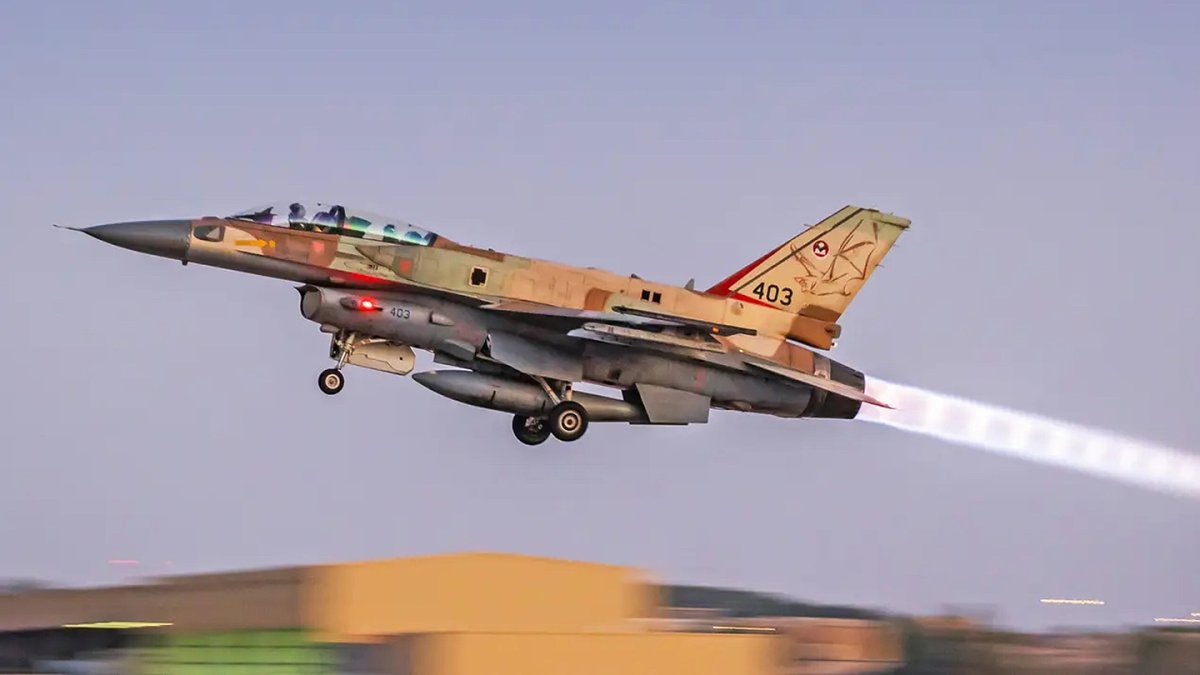OK, and Robin Brooks is one of the foremost experts in the world on the subject and I have a degree in economics from a top 30 University in the US. I'm old and haven't used that knowledge at work in years so everything isn't as fresh in my mind as it used to be but the basic parameters are set.
Some of those data points include:
Imports are obviously dropping drastically, that's well documented. Russia needs imports, it's an extraction based economy and needs imports just to meet basic demand for finished goods.
Take a look at the link above this, what russia exports, almost all of it is extraction. they suck at manufacturing.
I'd like to see some data about non-military railyard activity as that and imports/exports are 2 key (among others) indicators of economic activity. Those are two of the factors banks use to estimate GDP and GDP growth rates since so many countries lie about those two statistics. I suspect that commercial railyard activity is way down, linking closely with import activity.
I have to go for now but I will try to expand more on this later when I have more time. There's a whole list of things that need to be covered in particular the export ban on integrated circuits, this may end up hurting russia more than any other sanction.
I am going to try to get back to this as time permits, I'm pretty busy right now is all. What we need to start with is the effect of the sanctions on microchip sales to russia as this will probably have one of the biggest effects on the russian economy. Russia is roughly 20 years behind the major chip manufacturing and designing countries right now. (apologies if any of this has been posted)
"The country’s leading chipmaker, the Mikron Group, is similarly
dependent on foreign components and manufacturers. To illustrate the level of Russia’s technological backwardness in this area: Mikron has mastered the local production of semiconductors with 180-nanometer circuitries and 90-nanometer circuitries, but not for mass production, while Taiwan’s TSMC is embarking on the production of semiconductors of 2 nanometers. "
The far-reaching export controls the United States and others imposed in response to Russia’s further invasion of Ukraine were meant to have long-term
warontherocks.com
"Russia is building up plans to revive its ailing local manufacturing of semiconductors, since it cannot get chips from the usual suppliers. The country's new chip plan involves a rather massive investment over the next eight years, the goals don't exactly sound ambitious. For example, while
TSMC plans to hit 2nm by 2026, Russia wants 28nm local chip manufacturing by 2030."
"A longer-term goal is to establish manufacturing using a 28nm node by 2030, something TSMC did in 2011."
90nm by the end of 2022.

www.tomshardware.com
To get modern chips russia is entirely dependent on foreign imports and those are being stopped in a rather effective way.
"This week, Taiwan's Ministry of Economic Affairs (MOEA) published a list of strategic high-tech goods that are barred from export to Russia and Belarus, reported
DigiTimes. The ministry stated exports of these high-tech commodities are also banned from Belarus because it could help Russia bypass the sanctions."
"Firms from these two countries are now banned from purchasing Taiwan-made microprocessors or microcircuits which have any of the following specifications: performance speeds of 5 gigaflops or above, clock frequency rates in excess of 25 MHz, an external interconnection with a data transfer rate of 2.5 MB/s or greater, more than 144 pins, or a basic propagation delay time of less than 0.4 nanoseconds."
Taiwan limits sales of CPUs to less than 25 MHz to Russia, Belarus for Ukraine invasion | Jun. 2, 2022 13:19

www.taiwannews.com.tw
"Baikal Electronics may freeze the project for the release of Baikal-S server processors presented at the end of 2021 due to problems with placing orders for production in Taiwan, market participants told Kommersant. According to them, a number of large structures, including Sberbank, counted on significant batches of servers on Baikal-S in order to fulfill the requirements for import substitution. Now Russian companies will have to look for ways to parallel import servers on foreign processors, since there will be no alternative."
Россия может остаться без своих серверных процессоров

www.kommersant.ru
So what does this mean? A number of things for many different industries. Obviously russian production of precision weapons systems is going to be heavily constrained.
Cars:
"The buzz about AvtoVAZ's Lada Granta Classic -- priced to sell at 678,300 rubles ($12,500) -- is about what it doesn't have: No airbags. No antilock brakes. No electronic stability system. No pretensioners to make the seat belts work properly. No GPS. An engine that complies with emissions standards from 26 years ago."
"Longtime Russia analysts said the economy is not on the verge of outright collapse, like what happened after the 1991 Soviet breakup.
"But we're talking about a return to the Brezhnev era, where modernization stops and it's this stasis-type of situation with lifestyles [and] people have few choices," said Chris Weafer, founder of the consultancy group Macro-Advisory, referring to the period under Soviet leader Leonid Brezhnev in the 1970s when the Soviet economy stagnated.
"The economy's now going into a twilight zone," he said."
The Kremlin is optimistic the Russian economy can withstand the pounding from Western sanctions imposed in response to the Ukraine invasion. Some pragmatic voices within Russia aren’t so sure.

www.rferl.org
Civilian Aviation
Russia is going to struggle to make new aircraft in the near future and may struggle to even keep their current aircraft in the air.
"According to the paper, Aeroflot was looking to purchase the Irkut MS-21 medium-range aircraft, also known as the MC-21, which can carry more than 200 passengers and is due to enter service this year.
Without access to spare parts, it is unclear how long Aeroflot’s current fleet can stay in the air."
Russia is getting some key components through "parallel imports" The problem is most countries won't certify aircraft using these parts so they will be largely limited to flights within russia.
The airline is also reportedly considering a 300-strong order for Russian made aircraft

simpleflying.com
Every industry that uses modern chips is going to be affected. Some sooner than others, passenger jets are going to be a problem by probably september. Others than had large stockpiles of chips will last longer.
Here's something indicating the current effects to date:
Russia May 2022 industrial production year on year
passenger cars -96.7%
tv sets etc -49.7%
AC motors -49.9%
fiber optic cables -80.8%
fridges -58.1%
washing machines -59.2%
trucks -39.3%
diesel locomotives -63.2%
freight cars -51.8%
This will have carryover effects into other industries over time. Russia is only keeping the unemployment rate low by doing two things
Coercing companies to keep people employed
Subsidizing payrolls for companies
other things I will try to cover as time permits
Industrial machinery
supply issues in general-containerized shipping
value of the ruble






/cloudfront-us-east-2.images.arcpublishing.com/reuters/2WX725CUOJMZNOSUVBVJ7UHJBU.jpg)





